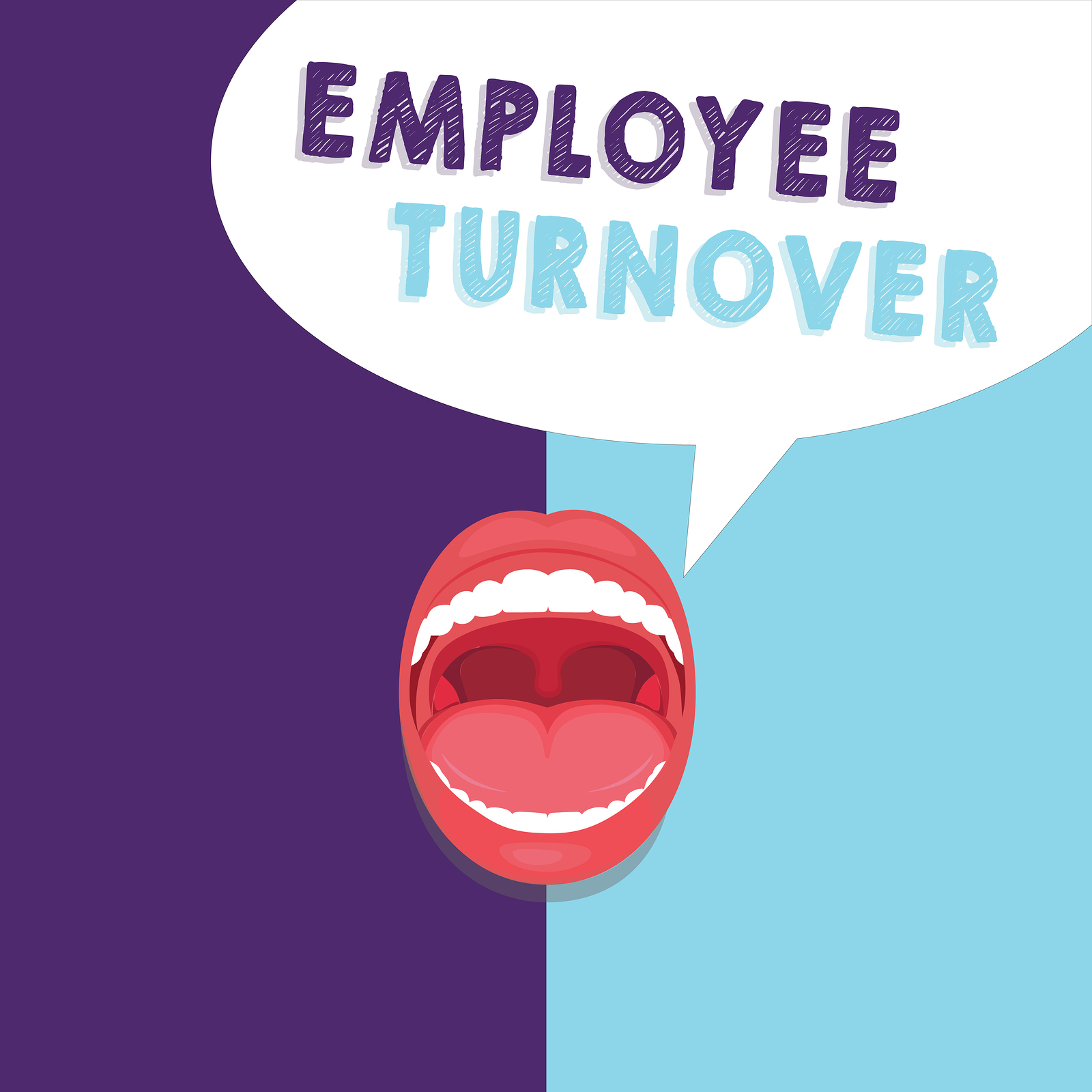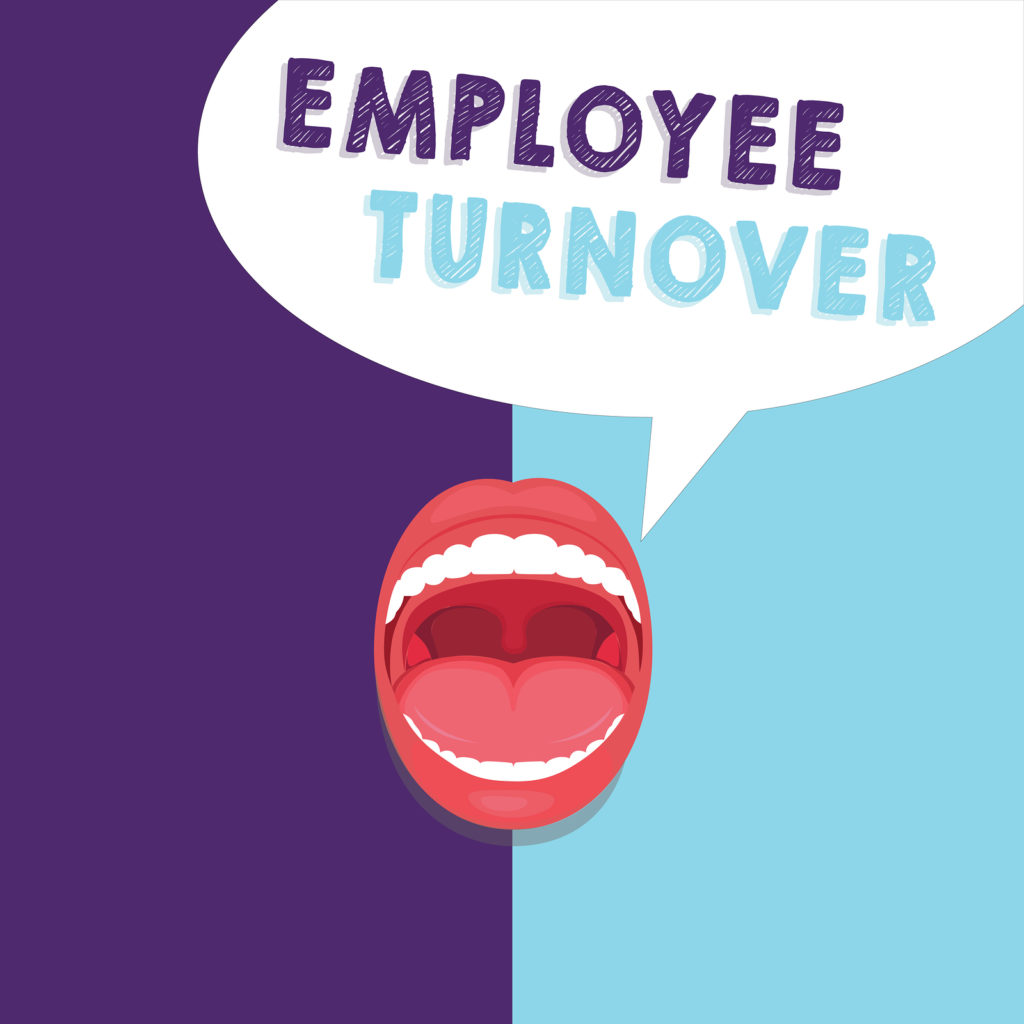
If you have witnessed your company’s employee turnover rate inching upward recently, you should understandably be concerned. After all, turnover is associated with reduced productivity, increased expenses, and lower customer satisfaction ratings. While the average turnover rate worldwide hovers near 10 percent, some industries statistically have higher turnover rates overall. For example, the technology and retail sectors have a turnover rate closer to 13 percent. Government, entertainment and professional services also have an average turnover rate higher than the worldwide average.

Take Action to Reduce Your Company’s Turnover Rate
When a valued and skilled employee decides to leave your company, you must spend time and money trying to locate the right talented individual to hire in their stead. This means that you will also have additional costs associated with onboarding and training. While some turnover is to be expected, it can be particularly costly if an employee resigns soon after joining the company.
Individuals who leave your company can provide you with a significant amount of information that can help you reduce turnover. Employees leave for a variety of reasons, but an exit interview or survey may help you to spot trends that you can address head-on.
Data and analysis can be used to improve your company’s culture, bolster efficiency and resolve other important issues. These are some specific areas that your company can improve by regularly conducting exit interviews. The following areas can benefit from exit interviews:
1. Onboarding Experience
Onboarding is an important process that introduces all new employees to the company’s culture, procedures and processes. Essentially, this gets their experience working for your company off on the right foot. Onboarding is directly correlated to high retention rates. Therefore, ask each resigning employee about their onboarding experience. Did they receive all of the information and support that they needed during the onboarding process? Did they feel welcome initially?
2. Workload and Flexibility
Employees generally want to be busy on a regular basis in a manner that properly utilizes their skills and talents, but they do not want to feel overloaded. In addition, many prefer to avoid being micromanaged, and they enjoy the flexibility to get their tasks done in a reasonable period of time on their own terms. This promotes a healthy work-life balance, and it helps your employees to feel valued. Inquire about the flexibility they had to manage their work-life activities. In addition, ask about their beliefs and feelings on their workload and the relevancy of their responsibilities. Reduce the workload with the latest software solutions and automation of repetitive and mundane tasks, and give the more time to work on meaningful tasks and improvements.
3. Feedback and Performance
Employees generally want constructive criticism and feedback. They prefer knowing what they are exceling in and areas where they could improve. Without regular performance discussions with their supervisor, they may feel unimportant or as if they are not progressing in their position. Therefore, ask your exiting employees if they received regular and timely communication with and feedback from their supervisor regarding performance.
4. Culture
Company culture helps individuals to feel connected to each other. Values and ethics may also bond employees and help them feel as though they are working for a more important overall cause than what their position entails. Ask exiting employees how they felt about company culture, including likes and dislikes. Provide your employees with the opportunity to suggest improvements.
5. Transparency and Communication
Communicate all tasks and goals clearly, because your employees need to see how their responsibilities relate to the bigger picture. When they feel as though they are making important contributions to the company’s overall productivity level, they will feel more valued. Inquire about the transparency of the goals and tasks that they were assigned to work on. In addition, ask if they were regularly updated about the company’s overall profitability and productivity.
Wrapping up…
You may notice immediately from the first few exit interviews that there is a strong trend in the responses that you receive. On the other hand, you may need to carefully analyze the data to determine where your company’s weaknesses lie. The problem with employee turnover could be a broad factor, such as company culture. Perhaps you will discover that one particular manager or supervisor is not effective in his or her position. Exit interviews provide true value to companies, and they should be an integral part of your human resources activities too.
